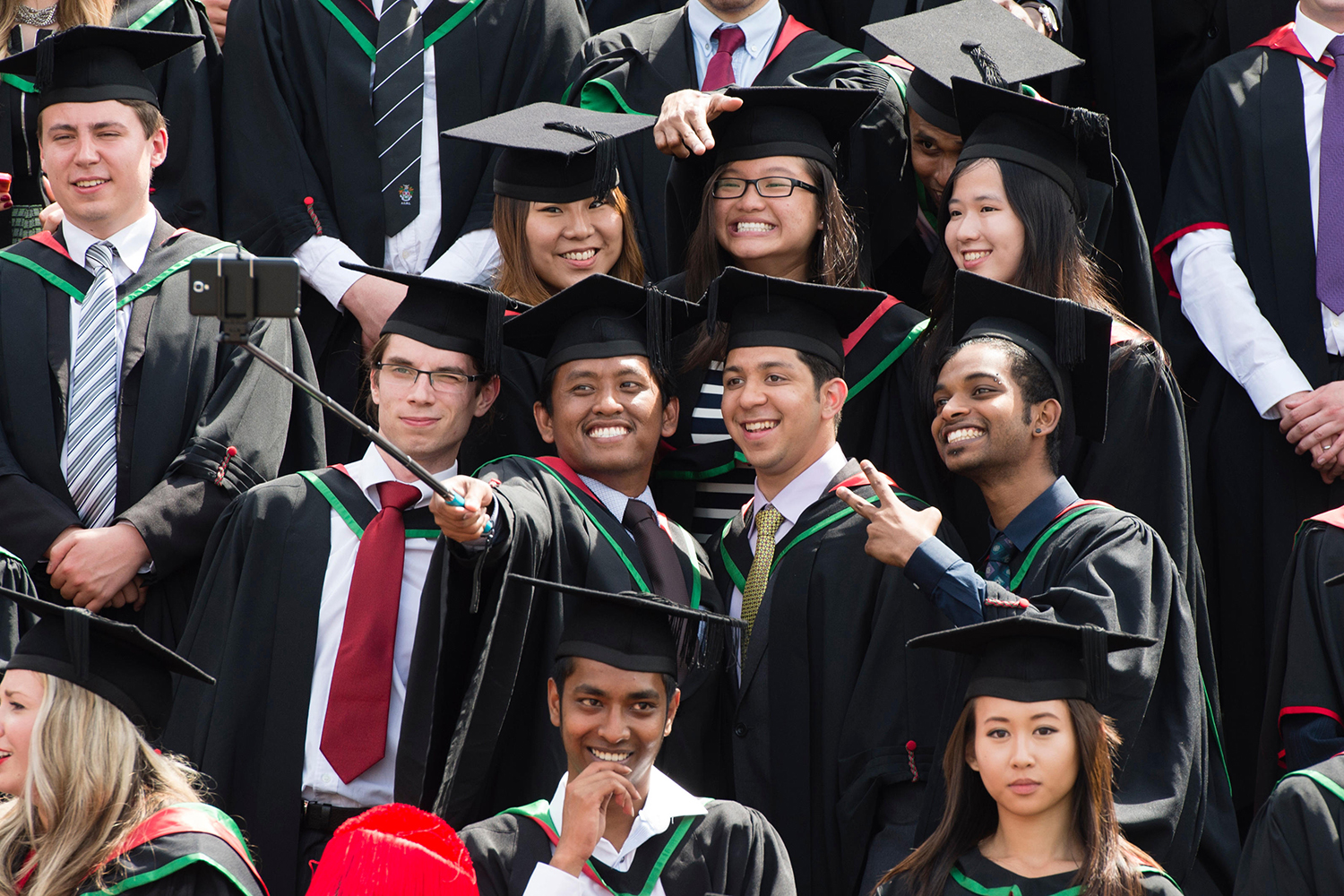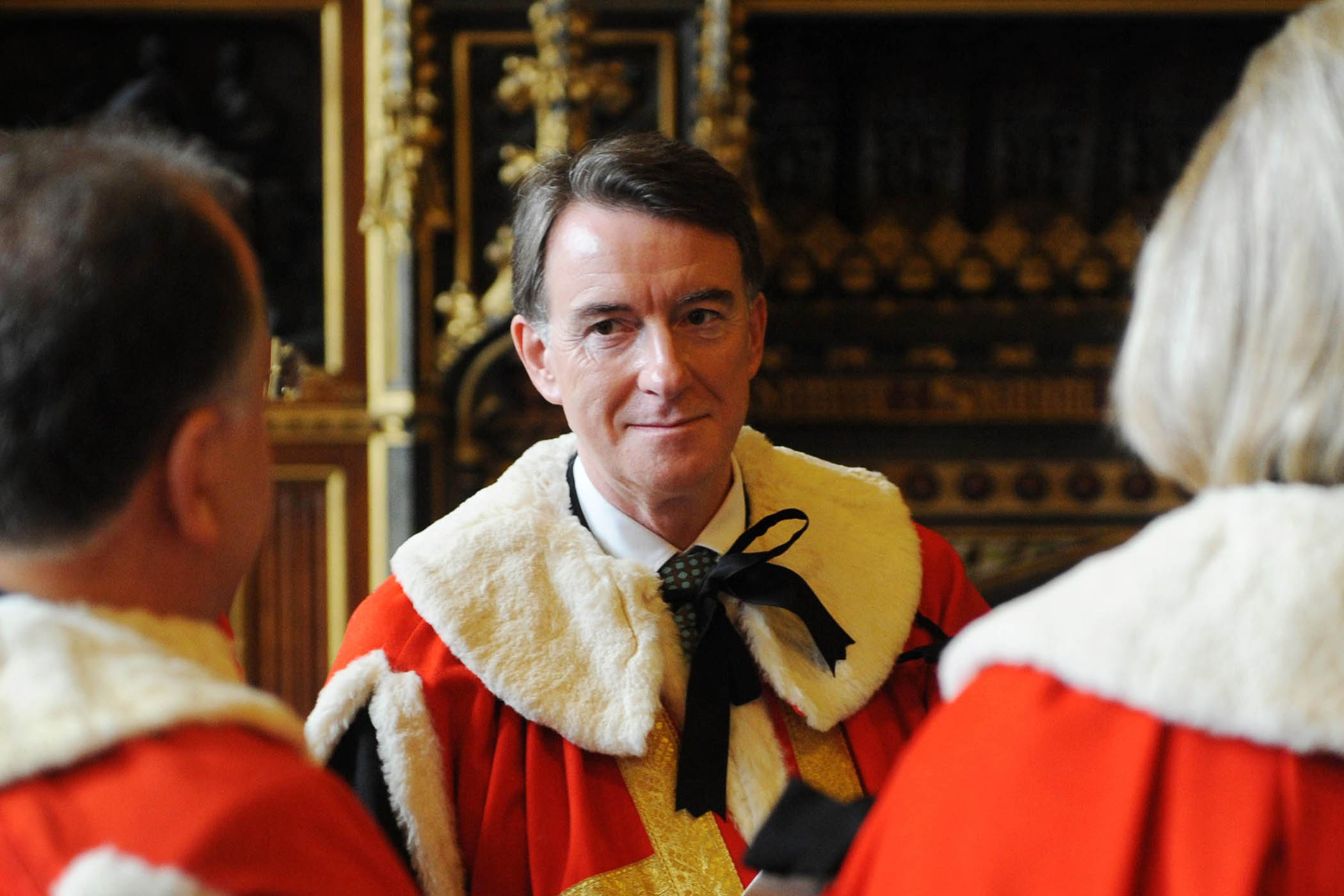Reform’s local election success is forcing tensions to spill out across Whitehall as pressure builds on the government to bring immigration numbers down.
The Home Office is expected to publish its long-awaited white paper on immigration in the coming days, with plans for a radical reform of the post-Brexit regime and proposals for further restrictions on ways to get a visa, including the graduate route for foreign students. One Whitehall source said this would have a “significant impact” on numbers, posing an existential threat to the universities sector which is already struggling after years of rising costs, stagnant tuition fees and restrictions introduced by the last government on foreign students bringing their dependants.
That intervention led to a 14 per cent year-on-year drop in the number of visa applications, but was quickly followed by the Office for Students warning that almost three-quarters of universities would face cash-flow problems by 2025-26.
Now fears are growing within Labour ranks that No 10 will side with the Home Office and impose further restrictions on international students, as a reaction to the party’s performance in last week’s local elections and byelection loss to Reform in Runcorn. Whitehall appears to be split with the Department for Education, Treasury and Department for Business and Trade concerned about the impact on growth and local economies.
One source close to the situation said: “The pressure in the Department for Education over the issue of international students is clearly being dramatically ratcheted in the aftermath of Reform’s massive gains in the locals. T here was pressure before Thursday emanating from No 10 – immigration has to be brought down and fast. But after the locals t here will be temptation to do this by any means, even risking entire universities in the process and an export industry that is worth billions to UK plc.
“The Department for Education is resisting this. They understand the value of international students and clearly don’t want actual universities going bust on Bridget Phillipson’s watch - but the pressure is just going to grow - and the Home Office will definitely want a cap on numbers.”
Another source added: “Immigration is high in people’s minds as it is key to how we try to head off the threat from Reform, but it’s a false dichotomy because they will capitalise on any sense of disenchantment or job losses from universities in financial distress.” The source said students were the low-hanging fruit but the critical issue is tackling illegal immigration.
Signs of divisi on come as a new study carried out for the University of York by consultancy Public First suggests higher education accounts for a gross export value of more than £20bn, not far behind the export value of the UK’s pharmaceuticals industry (£24.7bn).
Related articles:
The same study also suggests the sector is the single largest export industry in 26 constituencies, while it comes in the top-three of 102 constituencies. Of those, 87 are held by Labour – but 18 of those would swing to other parties on current polling by More in Common. Six – including Sunderland Central and Swansea West – are forecast to fall to Reform.
“If you go too far, you are fundamentally undermining a lot of local economies,” said Jonathan Simons, partner and head of the education practice at Public First. “It’s not as tangible as some industries – you can see a car factory or steel plant, so you know what happens when they shut down. But what our data shows is that in a lot of towns this is your car plant, this is your steel factory.”
Newsletters
Choose the newsletters you want to receive
View more
For information about how The Observer protects your data, read our Privacy Policy
“The people in those towns are richer because the university brings in export industry in the same way that a car factory brings in wealth - it doesn’t matter whether you’re employed directly, everybody benefits.”
Other sources played down the suggestion that there was a rift between the two sides, saying the Home Office had been “working closely” with the Department for Education on the white paper.
A spokesperson for No 10 rejected the suggestion of engaging in “short-termist reactive politics”.
“We’ve long argued from opposition for a controlled legal migration system,” they added. “We were elected on a promise to secure our borders. The British public overwhelmingly backed our plans, and we’re pushing on with them at every pace.”
Photograph: aberCPC/Alamy



